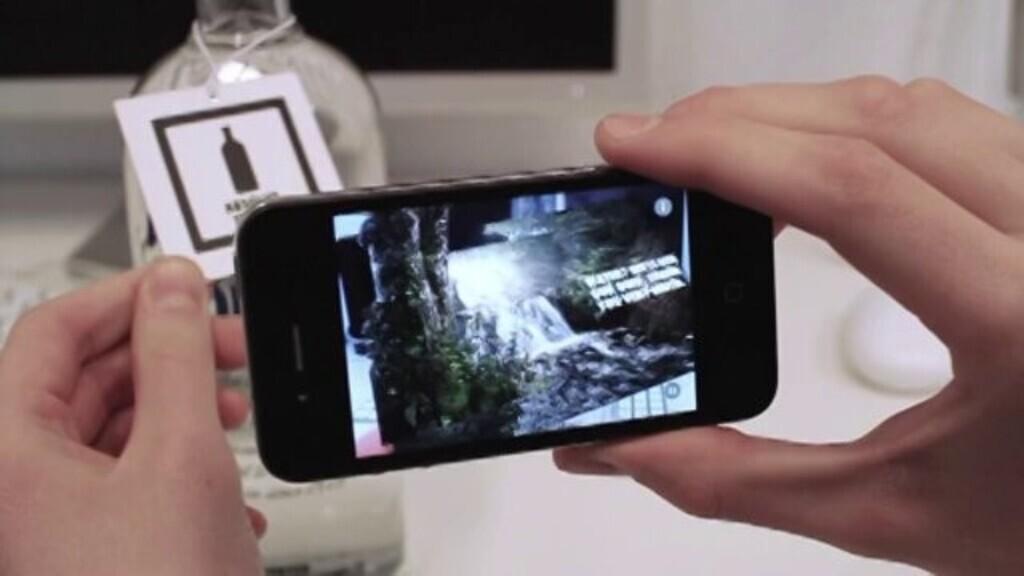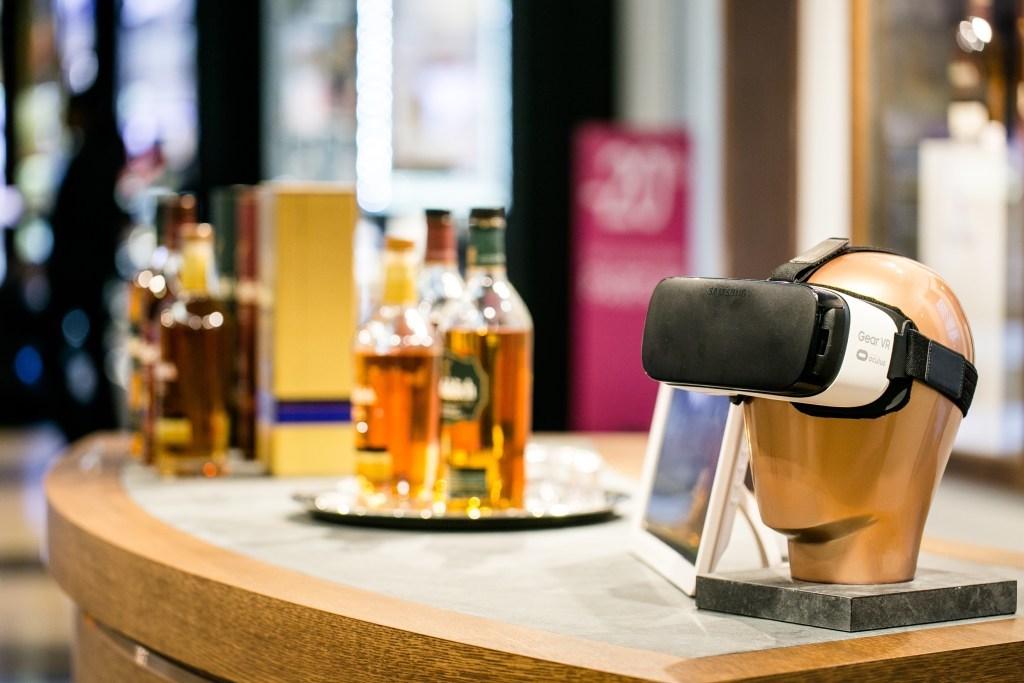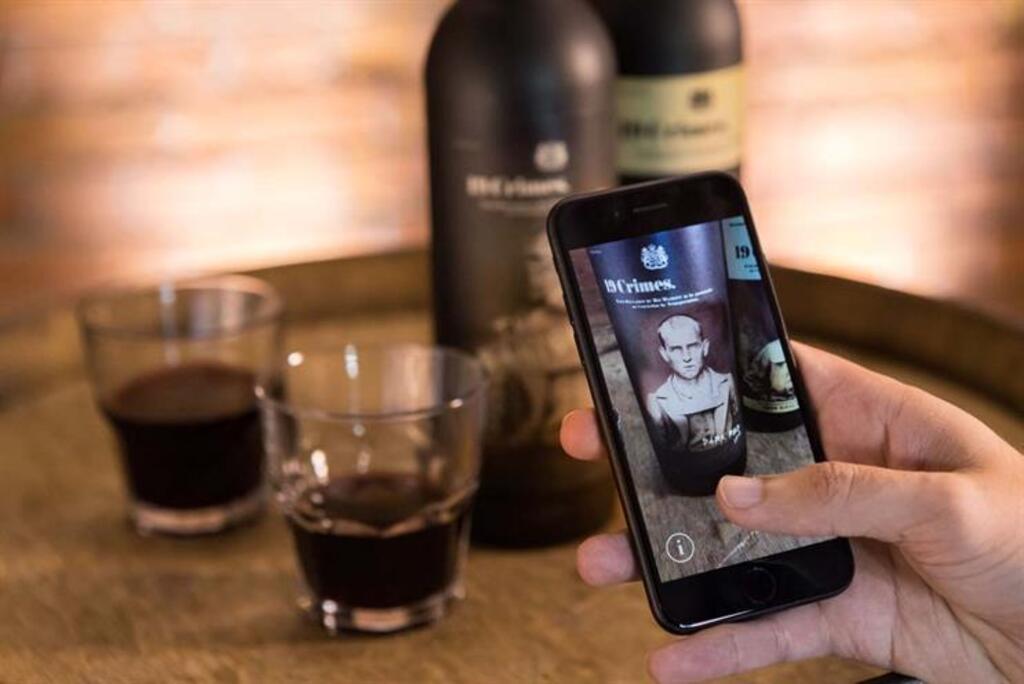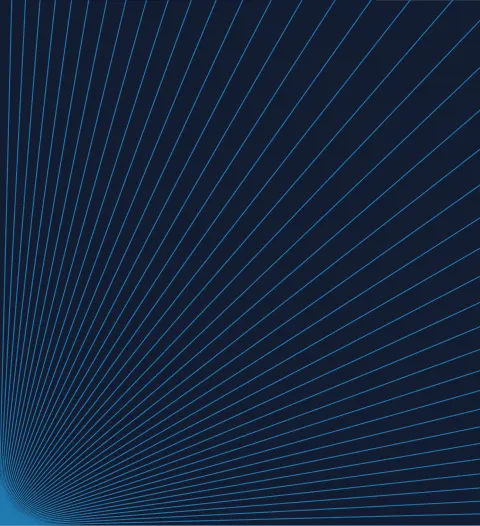It is fast becoming one of the major components of the alcohol industries marketing strategies, as we begin to see mass consumer engagement and uptake around immersive experiences, in order to drive sales and brand awareness.
From our experience of working with a number of clients in the alcohol industry, one of the main challenges is differentiating their brand within an arguably saturated market. More and more companies are turning to technology and immersive experiences to help them engage a new generation of drinkers and the next era of consumers.
Augmented reality is not only helping to engage consumers, but it also inspires them to see, taste and experience products in a totally different way.
Let’s take a look at some of the current trends going on within the spirits industry.
The shift to market brands as experiences
Consumer behaviour is changing. The millennial market is now the single biggest group of alcohol consumers. They are comfortably switching between brands, are typically more open to trying new craft brands and are more price-conscious than ever before. The way that they engage and socialise is different and this means brands now need to pivot and realign their marketing and branding strategies to appeal to these guys. One of the ways of doing this is through experiential and immersive technologies that allow consumers to really connect with your brand in an entirely new way.
Companies such as Diageo, William Grant and Sons and Pernod Ricard are already pioneering this by developing state of the art AR and VR experiences which directly engage with their consumers.
Some examples we’ve seen of this is Bombay Sapphire's, Jack Daniels' and Glenfiddich's Virtual Reality Distillery Tours which allows consumers to take a tour of the distillery in virtual reality without leaving the comfort of their own home or travelling.
There’s a massive opportunity for both on-trade and off-trade activities to really take advantage of AR. For example, we have recently created an AR cocktail menu and app on behalf of William Grant and Sons for the Alchemist Bar and Restaurant chain. You can check out the Augmented Reality Menu and Cocktail App we recently created for the Alchemist here.
The AR app was designed to engage and immerse guests in the stories behind each of the cocktails and allowed users to work their way through 6 cocktails to unlock a secret 7th elixir cocktail. This app was designed to drive the ultimate guest experience by combining unconventional mixology with technology to create a one-of-a-kind experience that reflected their brand and drove engagement and sales nationwide.
Transparency & sustainability
There is now a greater demand for brands to prove that they are sustainable and transparent. Consumers are more actively involved in social causes including limiting the use of plastic within manufacturing and distribution processes, recycled ingredients and packaging, water wastage and CO2 emissions. This can be a fantastic method for brand differentiation but brands can often struggle with how to educate their consumers and get this information across to set them apart.
This is actually a perfect use case for the use of augmented reality which allows brands to tell their stories in an immersive and engaging way. For example, consumers are able to use the camera on their smartphones to scan product packing or point of sale material to gain details around the sustainability and authenticity of the brand and product.
Brands that can really tap into this will unlock huge potential as consumers are consistently seeking out more sustainable businesses that are making an authentic effort to become more socially responsible.
The rise of the health conscious consumer
Recent research from Mintel has shown that Brits are now drinking less than ever and are making healthier choices when it comes to what they put in their bodies. It’s the millennial generation that are leading this change spending around 3.5% of their FMCG budget on alcohol as opposed to the wider generations spend of 9.2%. Trends such as the rise in vegetarianism, veganism and exercise uptake figures means alcohol brands need to adapt to this. We are seeing a much bigger uptake in the sales of “alcohol free" ,“ultra low” and low calorie alcohol products.
So how can brands capitalise on this as an opportunity rather than a threat? Brands need to tap into more social, immersive and experiential ways of engaging these consumers. It’s another great opportunity or brands to use immersive technology to educate these customers on what the brands can offer and tell their story.
As an example, Diageo created a virtual reality experience which was designed to educate consumers about the dangers of binge drinking in their "Decisions: Parties over" virtual reality storytelling series. The message behind this was to drink more responsibly and to be aware of the dangers that binge drinking presents by allowing them to experience effects first hand.
There's also some opportunity to look into the rise of the “stay-at-home” consumer who are actively choosing not to go out. Some immersive technology ideas could be around the development of AR/VR at home cocktail making experiences.
Examples of AR in the alcohol industry
Absolut Vodka

Absolut released an augmented reality mobile app that takes their consumers on a 3D tour of the village of Aushus in southern Sweden where the beverage is produced.
The AR app allows consumers to experience the entire vodka-making process from the wheat fields to the distillery to the bottle.
Glenfiddich VR Gin Distillery Tour

Glenfiddich Virtual Infinity is a virtual reality distillery experience which incorporates a tasting and interactive activity. They use the HTC Vive to allow consumers to explore the solar vetting production process for their range of travel-retail exclusive whiskies.
Shoppers can take part in a guided tasting session and then the headsets transport them to the Glenfiddich Distillery in Scotland to experience cask production.
They were one of the first whisky companies to embrace virtual reality tech and combine it with the authenticity of their Glenfiddich for a one o a king brand experience
19 Crimes

Winemaker 19 crimes were one of the first winemakers to trial AR labelling and did it very successfully. Every 19 Crimes wine label tells the story of different 18th century convicts who become colonists and committed one of the 19 crimes punishable by transportation. This plays into their branding by combining technology with tradition, heritage and region to educate their consumers.
How we can help
At xDesign, we are working with a number of clients in the spirits and alcoholic beverage industry to create bespoke digital products that helps enhance the customer experience.
We’d love to help! Contact us for a chat about how we can help you create some fantastic immersive experiences.

